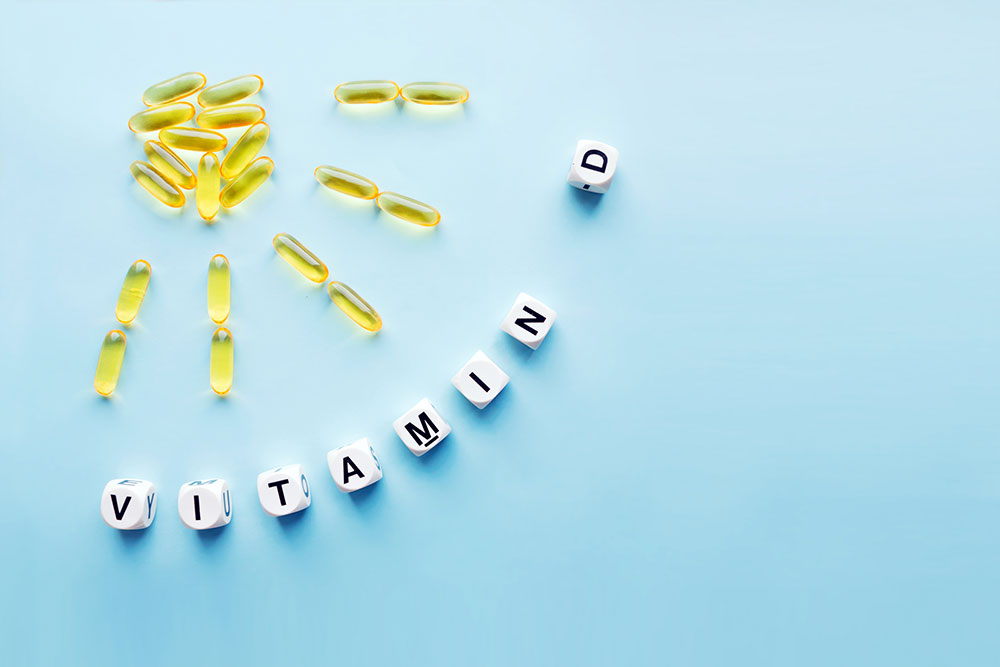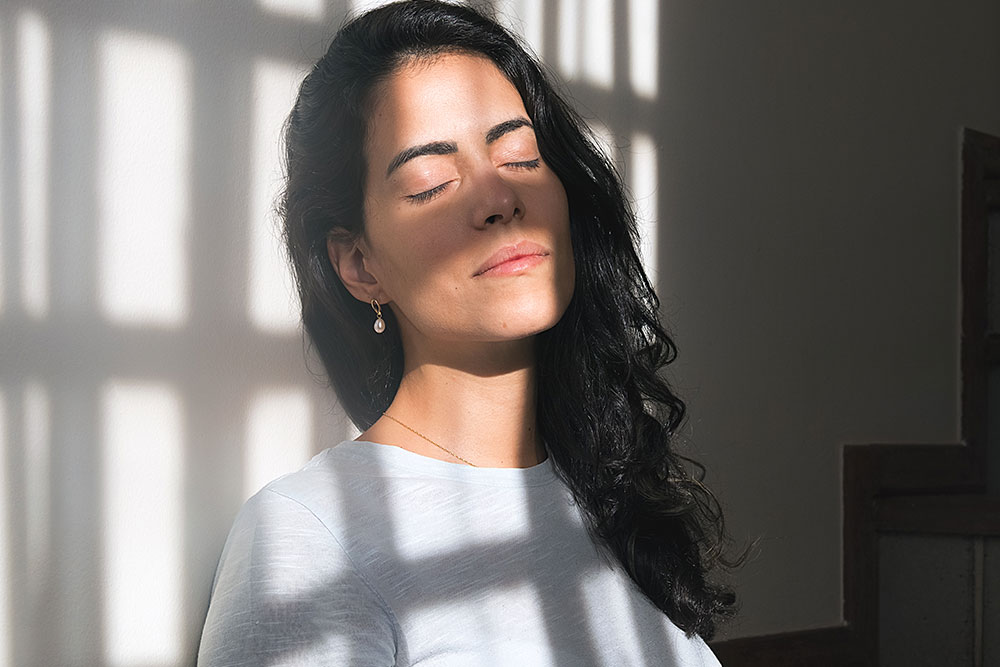Do you know, which is the most common vitamin deficiency in the world? Vitamin D. The next obvious question is: Why is that? Well, there are a host of reasons that an expert will highlight in this article. To begin with, let’s first understand what is vitamin D and its role in the human body. Vitamin D is fat-soluble vitamin that is produced in the skin when it receives direct sunlight. You can also get your source of vitamin D via food and supplements.

Among its many functions, it is vital for the absorption of calcium and phosphorous in the body, and strengthening the immune system. An adequate amount of vitamin D is required for the normal growth and development of teeth and bones. According to Dr Eileen Canday, head dietician and head of department, nutrition and dietetics, Sir HN Reliance Foundation Hospital, Mumbai, vitamin D also helps with the following:
• Enables normal bone mineralisation and prevents involuntary contraction of muscles, leading to cramps and spasms.
• Reduces inflammation in the body,
• Helps with cell growth.
• Modulates neuromuscular function.
• Regulates immune function.
The lack of vitamin D can lead to loss of bone density, which can further lead to bone abnormalities, such as osteoporosis (fragile bones), and osteomalacia (soft bones) in adults, and rickets, a condition where the bones become soft and bent, in children.

Causes
Dr Canday lists the following causes that could lead to vitamin D deficiency:
• Limited exposure to sunlight: As the body makes vitamin D when your skin is exposed to sunlight, individuals who are homebound, live in northern latitudes, wear long robes or head coverings for religious reasons, or have an occupation that prevents sun exposure are at risk of vitamin D deficiency.
• Medical conditions: Such as gastrointestinal diseases, like irritable bowel syndrome (IBS), and nausea, which may hamper the absorption of vitamin D.
• Older age: As people age, their kidneys are less likely to convert vitamin D to its active form, thus increasing their risk of vitamin D deficiency.
• Vegan diet: Since most of the natural sources of vitamin D are animal-based, including fish and fish oils, egg yolks, and fortified milk, there is a good chance of vitamin D deficiency in individuals who are vegan.
• Obesity: Obese people might need greater intake of vitamin D than individuals who otherwise have a healthy weight, as higher amount of fats cut off the absorption of vitamin D.

Signs And Symptoms
• Fatigue and tiredness: If you find yourself feeling tired frequently and are in a constant state of fatigue, even after resting enough, it could be a sign of vitamin D deficiency.
• Bone and back pain: Sudden aches and pain in your joints and back, especially lower back.
• Depression: Studies have shown that there may be alink between depression and vitamin D deficiency. Those who have lower levels of vitamin D may feel depressed or may be prone to other mental illnesses. This is due to the fact that vitamin D plays an important part in healthy brain function.
• Impaired wound healing: If you notice that any wound, big or small, takes longer to heal, it may be due to vitamin D deficiency.
• Bone loss: As mentioned above, lack of vitamin D in the body can lead to loss of bone density and lead to problems like brittle or soft bones.
• Hair loss: If you’ve recently noticed increased hairfall, it could very well be a sign of vitamin D deficiency.

How To Regulate Vitamin D Levels
While vitamin D deficiency may be a common condition, you can reverse it by following the tips below:
• Exposure to sunlight: If you’re living in an area where you get a lot of sunlight, make full use of it. Get about 10-15 minutes of sunlight every day, either when you’re having breakfast, or taking a break from work. Find a time that suits you best. The best time to get some sunlight would be between 9 AM to noon.
• Consume vitamin D rich foods: Such as fatty fish (salmon, tuna, and mackerel), egg yolk, low-fat cheese, fortified, toned or low-fat milk and milk products, oils, and mushrooms.
• Check vitamin D status: Dr Canday suggests getting a blood test to determine your vitamin D status, or even a Bone Mineral Density test.
• Include supplementation if not meeting requirements through diet: This holds true for those on restrictive diets, vegetarians and vegans. You can add dietary supplements in addition to your regular diet.
• Maintain a healthy body weight: Through diet and exercise.
• Limit saturated fats, trans-fat, added sugars, and sodium: As these restrict the absorption of vitamin D in the body.